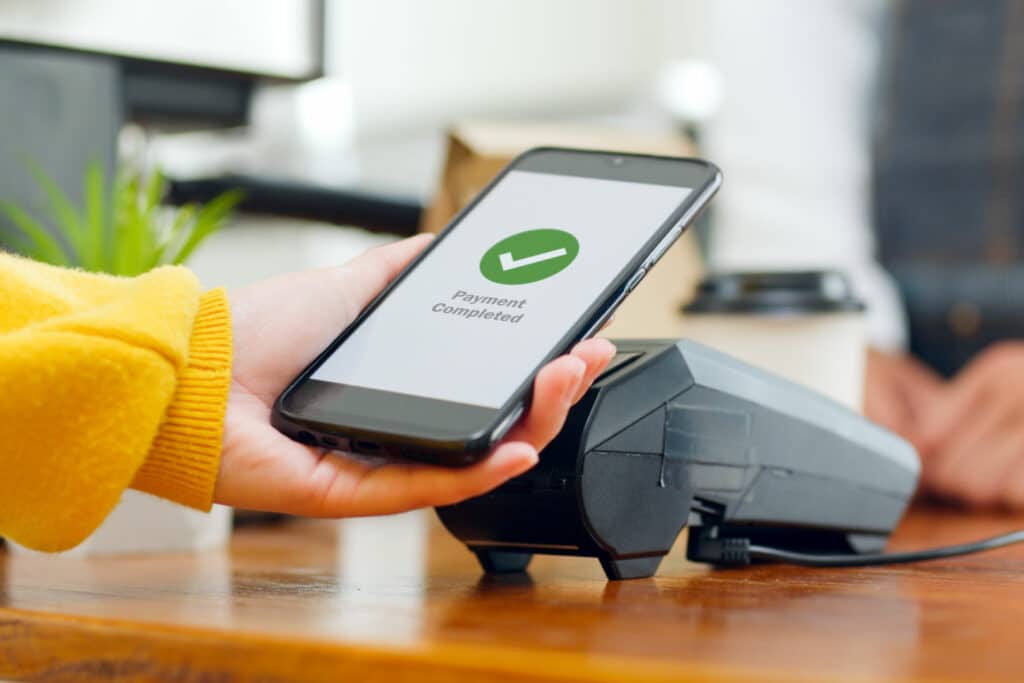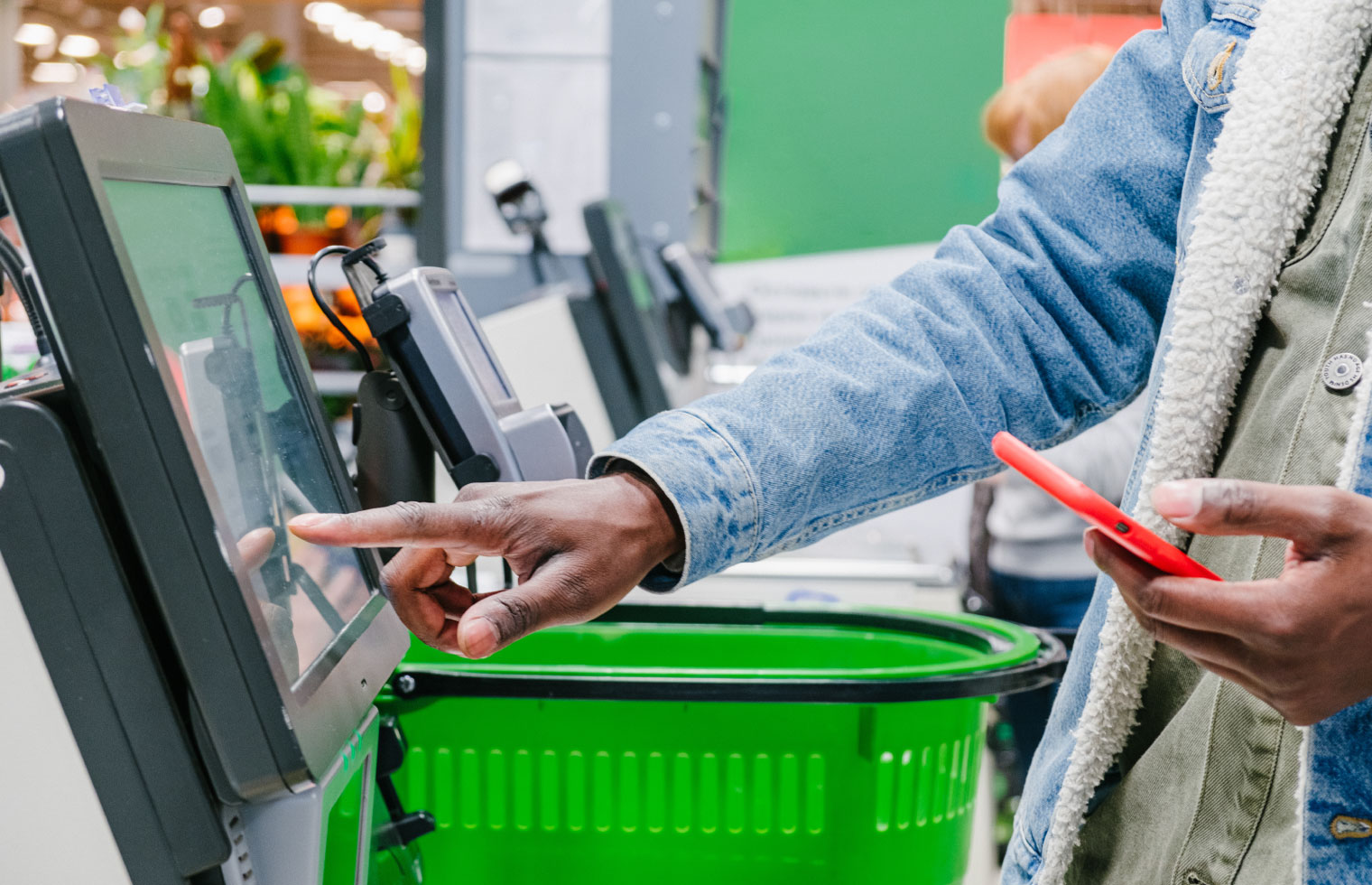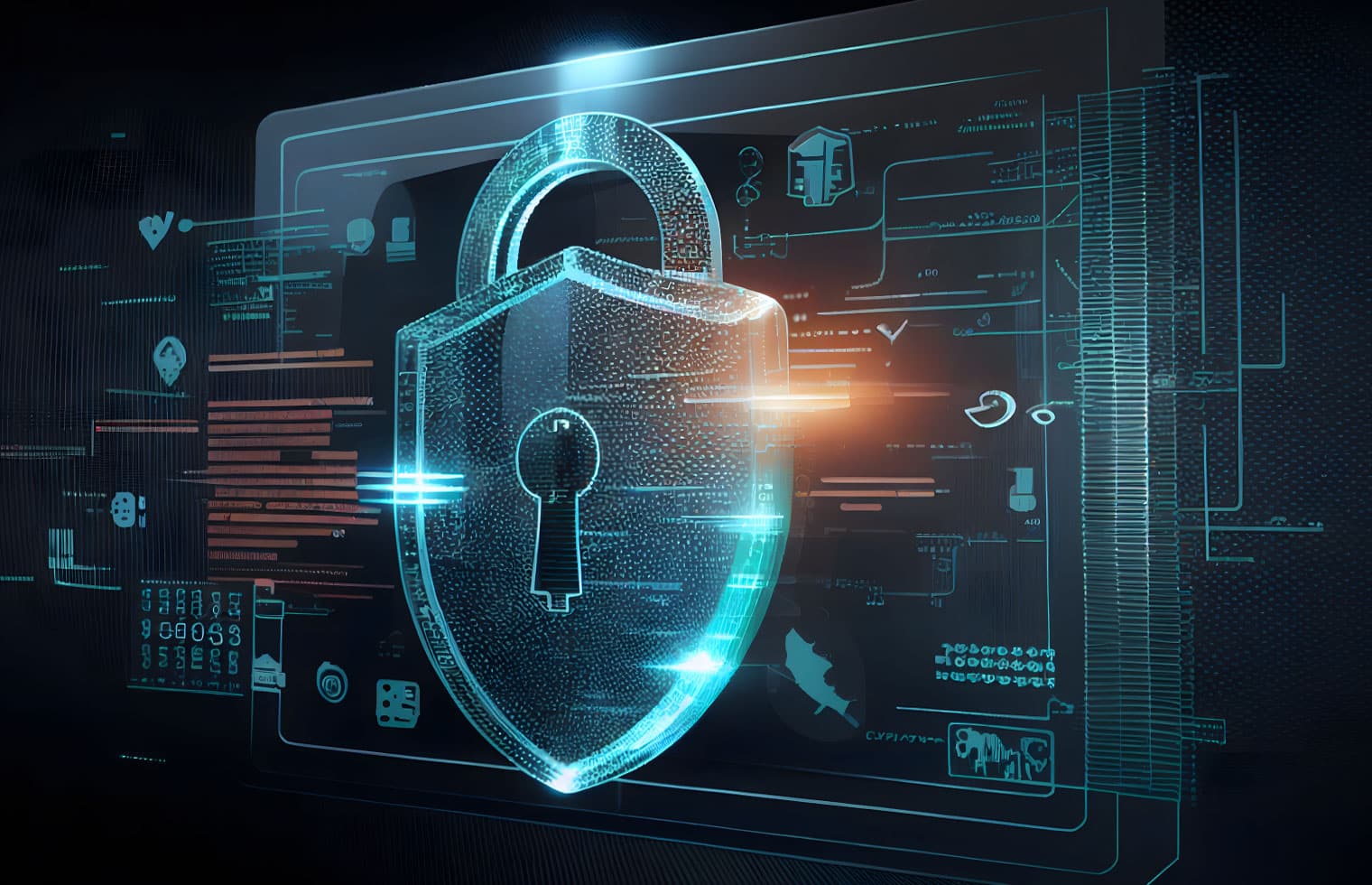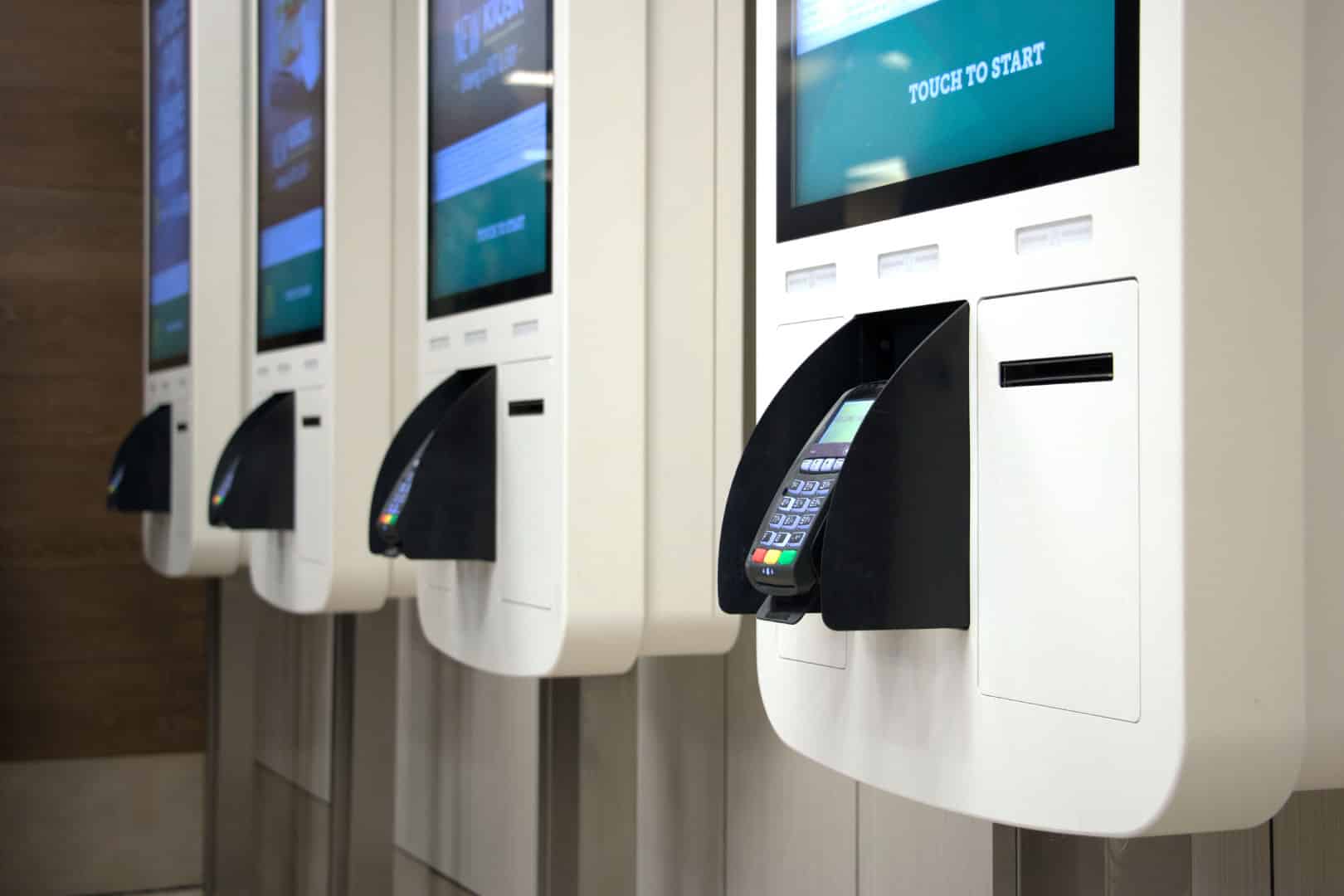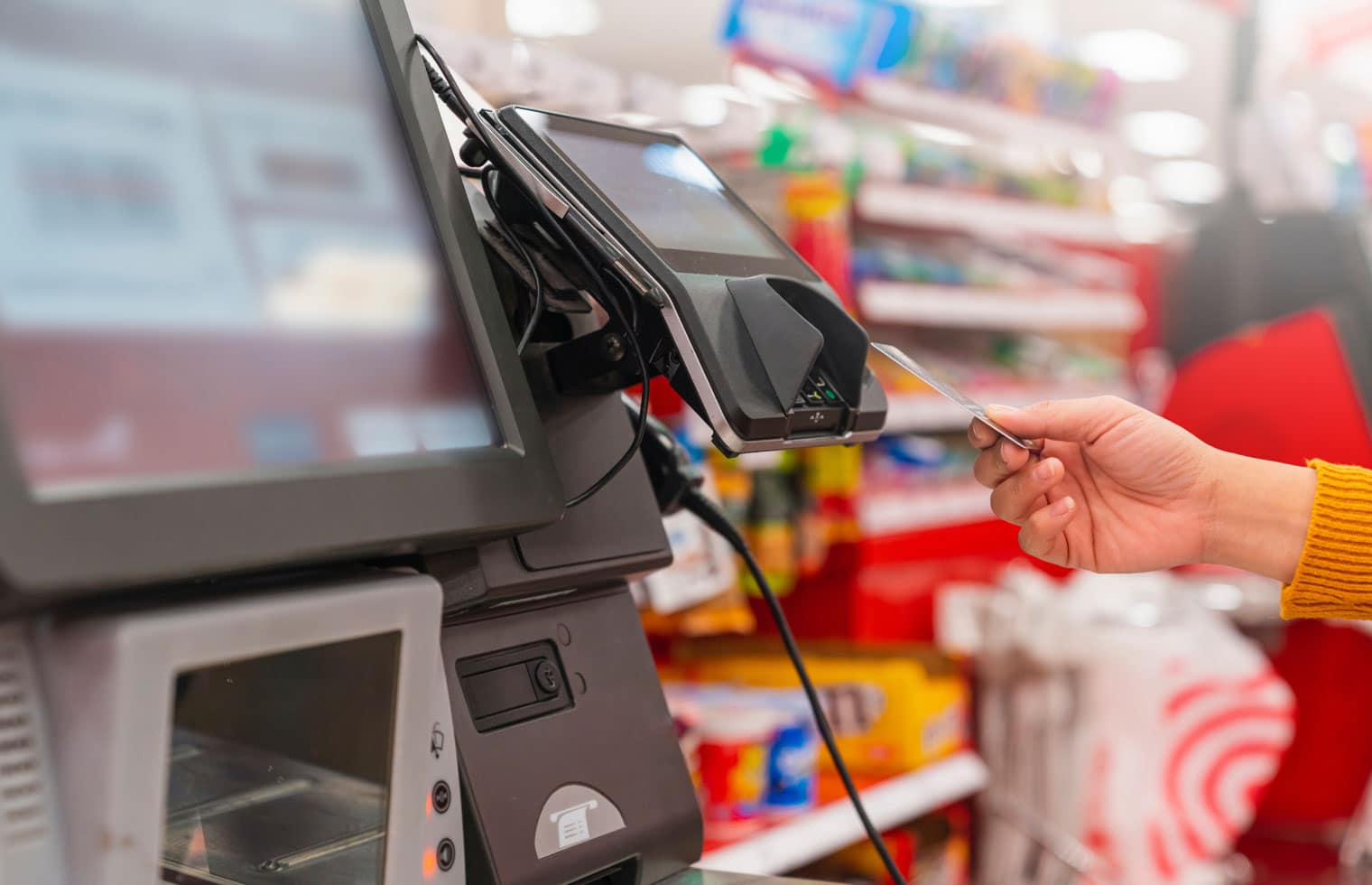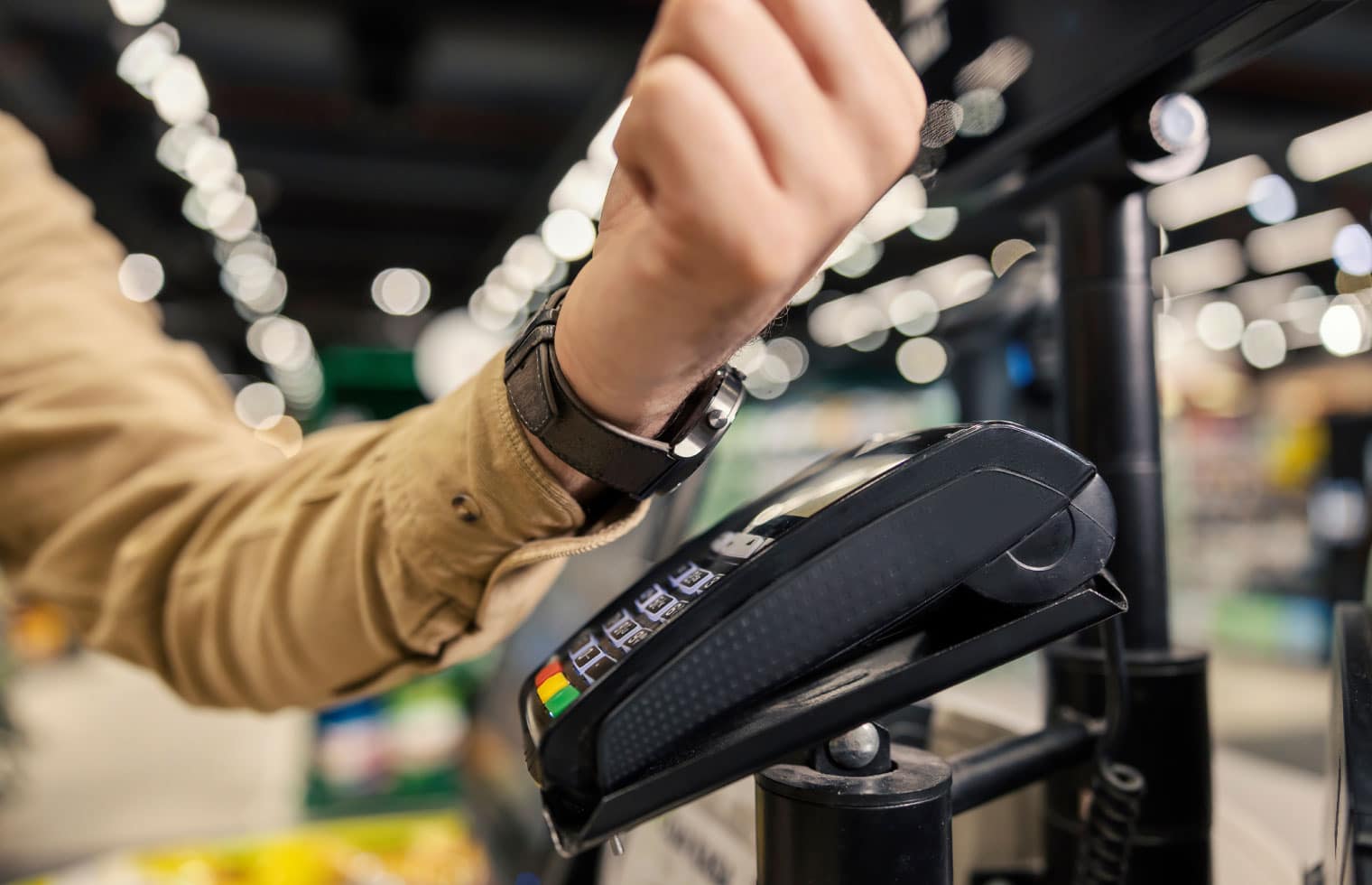At Caburn Telecom and CSL group, we understand and appreciate how important Point of Sale (POS) connectivity and the security of a business’s data is. That is why we are specialists in unlocking the potential of POS Connectivity with services such as our range of POS SIM cards, POS cellular and broadband routers with secure open VPN tunnel for encryption. We are committed to helping small large businesses across the UK ensure they can be confident in the security and reliability of their POS systems.
Our team of experts are on hand to ensure that our customers have the support and confidence they need when utilising our POS services. Let us help you to unlock the potential of your POS connectivity and ensure the security of your business.
Introduction
The importance of Point of Sale Connectivity
Point of Sale (POS) connectivity is becoming increasingly important in today’s digital world. For many businesses, a POS system is key to providing a great customer experience, streamlining operations, and ultimately generating more sales. The ability to connect to third party suppliers and create an efficient, integrated system is critical to success – ensuring products and services remain competitive and customers are always satisfied with the purchasing experience and transaction processes.
POS connectivity allows businesses to monitor sales in real time and respond quickly to changing customer needs, as well as identify any areas that need improvement. This helps to create a seamless customer experience and provides a more intuitive interaction, which can greatly impact customer repetition, loyalty and therefore repeat business. A POS system connected to a wider ecosystem, spanning multiple suppliers, customers, and services, is also an invaluable tool to any business’ success in this ever-evolving digital world.
Unlocking the Potential of Point of Sales Connectivity
As businesses continue to innovate and expand, there is a growing need to be able to access data from multiple points in order to provide a unified and high-quality customer experience. Point of Sale routers and connectivity solution provide a way to connect physical and online sales points, providing an overview of how customers interact with businesses.
Unlocking the potential of POS connectivity offers numerous benefits, including improved customer service, increased control over inventory, enhanced promotional opportunities, improved payment security, and improved data accuracy and visibility. Ultimately, POS routers and connectivity solutions allows businesses to make better decisions, drive more sales, and build deeper relationships with their customers – unlocking the potential of POS connectivity is a win-win for any business.
The Importance of Connectivity to Point of Sale Systems
Connectivity is crucial when it comes to point of sale systems. Ensuring that your point of sale systems are linked up to other systems, such as a payment processor, stock management system, customer database or factory, can make a huge difference in streamlining operations and maximising productivity at your business.
By making sure your point of sale is networked with these other systems, your staff can work more efficiently, leading to improved customer experience and a better bottom line for your organisation. Furthermore, as customers become increasingly accustomed to being able to complete their purchase quickly and easily, providers are required to stay up-to-date with the technology in order to remain competitive and stay ahead of the competition.
Enhanced Customer Experience through ePOS systems
An electronic point-of-sale or ePOS system is a powerful tool to increase customer satisfaction. It helps to simplify the process of checking out customers, allowing them to make payments via cash, credit or debit cards. By providing a seamless payment experience, customers can make swift transactions, save time and leave feeling happy and satisfied. Additionally, ePOS systems offer advanced analytics and reporting capabilities so that businesses can study shopping profiles, consumer behaviours, and preferences, and use this data to enhance the customer journey. In this way, ePOS systems make it easier to provide personalized offers and even loyalty reward.
Improved Security and Reliability via IoT Connectivity for Complex ePOS systems
In today’s climate of digital transformation, data security and reliability are of paramount importance. This is especially true for businesses that depend heavily on ePOS systems for their operations. Fortunately, this level of security and reliability can be achieved through the use of connected ePOS systems that utilise state-of-the-art IoT connectivity technologies. By taking advantage of the best in communication technology, businesses can ensure that their ePOS systems are secure and reliable even when remote or unsupervised.
IoT Connectivity also enables data to be stored securely in the cloud, and even shared across multiple locations. This level of connectivity not only ensures high levels of data security but also allows for remote and secure real-time access to critical information such as sales performance, customer data, and inventory control. With improved security and reliability via connectivity, businesses can remain confident that their ePOS systems will serve their needs effectively and efficiently.
Increased Efficiency using Mobile IoT systems in Point of Sale Terminals
With increasing customer demand for faster and more efficient shopping experiences, businesses have started to look into adopting mobile systems in point of sale (POS) terminals as well as utilising the technology as a way of freeing up their point of sale contact points from a fixed counter point. A IoT mobile system in a POS terminal as well as use of NFC to interact with customer and employee mobile phones can drastically reduce the time taken to process payments by allowing customers to make quick and secure purchases using their smartphones or tablets.
This simplifies the sales process by eliminating the need for multiple fixed devices, such as static credit card machines or tills, therefore reducing the time spent on each transaction and potentially queues to these expensive and scarce resources. Additionally, this type of system helps to reduce the risk of fraudulent activity by ensuring that all payments are secure and compliant with PCI industry standards. By using mobile systems and secure and resilient IoT SIM cards in their POS terminals which are Mobile Network Operator (MNO) agnostic, businesses can ensure their customers have the smoothest payment experience possible, whilst ensuring that the security of all transactions is maintained.
The Importance of VPN to Point of Sale Systems
The use of Virtual Private Networks (VPN) has become increasingly important for Point of Sale systems to ensure the safety and security of customers’ and business data. Establishing a secure connection to a network means that customers’ personal details and payment information is not at risk of being intercepted by malicious actors. While payment devices use end to end encryption it is also important to ensure all other data is encrypted.
The device encrypted data can also be tunnelled within a VPN. With the ever-evolving threats of cybercrime, protecting customers’ data is paramount. By implementing a VPN, companies can ensure that data is secure and prevent data leaks. Furthermore, setting up a VPN also allows for specific connections to be established between the Point of Sale systems and the main offices, making it easier for technicians and IT staff to offer maintenance and technical support easily and quickly. The importance of VPNs for Point of Sale systems cannot be underestimated and they should be used for the security and protection of customers’ data.
Streamlined Data Management using VPN and Fixed IPsec
To keep data secure, many organisations use Virtual Private Networks (VPN) and Fixed IPsec. Using VPNs, organisations can securely transfer data over the internet by encrypting all data packets. This ensures that only the intended recipient of the data is able to access it. VPNs also protect data from potential malware and other attacks while it is in transit.
Using IPsec alongside VPNs helps to ensure that all data is secure while providing an efficient protocol for data transfer. This allows data to be securely sent over the internet without slowing down the connection or causing unnecessary traffic. This is especially important for companies that need to transfer confidential and sensitive information between networks.
Remote Access via VPN to POS Systems
Remote access via virtual private network (VPN) to point-of-sale (POS) systems is growing in popularity. With a VPN, businesses can securely access their POS systems from anywhere in the world with internet access. This is important for supporting dispersed terminal sand systems, troubleshooting problems and providing secure firmware updates. This increases the flexibility, mobility and convenience for operational companies who need to manage their POS systems from multiple locations.
A VPN connection uses advanced encryption technology to protect confidential data and ensure secure communication between the approved and authenticated remote user and the POS system. This makes it ideal for organisations that need to operate at a distance yet take advantage of the powerful capabilities of a POS system.
Remote access via VPN to POS systems is a cost-effective solution for businesses as it eliminates or significantly reduces the need for costly maintenance visits, infrastructure set-ups and equipment purchases. It also helps to reduce operational costs and improve efficiency, making it a great choice for organisations of all sizes.
Connecting Kiosks and Customer Service Terminals
Making use of technology is a great way to boost customer service and convenience, particularly when it comes to connecting kiosks and customer service terminals. This type of technological link provides customers with access to a range of additional services when they are using the kiosk. For instance, customers can be automatically connected to a customer service representative or they can access product information or payment options as they go through the process.
This gives customers the flexibility to choose their preferred method and makes their experience much more efficient and enjoyable. As a result, businesses that choose to connect kiosks and customer service terminals can expect to see greater customer satisfaction and fewer long queues.
The Benefits of mobile, fixed broadband and wi-fi technologies in connecting kiosks and customer access points
Mobile, fixed broadband and WiFi technologies are rapidly being adopted in kiosks and customer access points for their advantages. The most notable benefit is the access to high-speed internet for users, allowing them to browse digital media or access files that can be retrieved from any device connected to the same network. Moreover, mobile broadband and cellular routers with external antennae has the added advantage of offering a more resilient and reliable connection, which is beneficial for kiosks or customer access points used in areas with poor signal. These technologies enable businesses to provide customers with a more flexible, reliable, efficient and cost-effective access to digital resources where the connectivity solution can match the location and network needs.
Different Connectivity Set Ups for Kiosks and Customer Payment Terminals
Kiosks and customer payment terminals are a great way for businesses to offer a modern, convenient service to their customers – but the right connectivity set up is the key to success. With both technologies, it’s important to make sure you provide the best possible user experience by choosing the right connection. If you need a permanent installation, you might opt for wired – however, many businesses prefer the flexibility of Wi-Fi or 4G.
Moreover, a custom tailored connectivity solution based on your size of business and specific customer needs, may provide you with a more customised user experience. Whether for convenience or security, different connectivity set ups for kiosks and payment terminals can be the key to boosting your customer service and ensuring convenience in the payment process.
Connecting EPOS Payment Terminals for maximum uptime and transaction success
The process of connecting EPOS payment terminals can be an integral part of a business’s success. Ensuring the connectivity of these terminals is essential for maximum uptime and transaction success, as you want to offer your customers the best possible customer experience when making payments.
By investing in the right technology and the best practices for keeping terminals up and running, you can offer your customers the convenience they need while still minimising any disruption to their day-to-day activities. This could include investing in a stable internet connection and a reliable payment gateway, having on site back-up systems, and having accurate reporting to help analyse any downtime.
An experienced IT or IoT professional can help you identify the best networking options for your specific business, as well as help to identify any areas which may need further attention or improvement. With their expertise, your business can enjoy maximum uptime and transaction success.
Considerations when architecting an ePOS system architecture
Architecting a robust ePOS system architecture is no easy feat. It involves a complex mixture of software architecture and design choices stemming from business needs, technological advancements, and user affordances. When designing an ePOS system architecture, there are a few important considerations to keep in mind.
Firstly, scalability should be considered to cope with sudden spikes in demand. Secondly, user performance should be optimized to ensure a fast and seamless checkout experience. In addition, many businesses demand security assurances, tight integrations with other systems, and data mining capabilities to collect customer insights.
Lastly, any ePOS system should look to support payment processing systems, a payment gateway, and customer loyalty programs. Keeping up to date with the ever-changing retail dynamic is key to developing a successful ePOS system architecture.
Setting up Connectivity in ePOS Payment Terminals
Are you looking to set up connectivity in your epos payment terminals? Here at Caburn Telecom, we offer a comprehensive and professional set-up service which allows you to get connected and taking payments quickly and efficiently.
Our qualified team of support engineers can help you set up the relevant configuration components in your payment terminal such as APN and VPN configuration. This ensures that you can start taking payments securely, without having to go through the lengthy and daunting task of setting it up yourself. The process is easy, and takes just a few moments to get started. Contact us today if you need any help setting up connectivity in your epos payment terminals with our industry leading SIM cards.
Potential Pitfalls in Point of Sale Connectivity
With more businesses offering services and products for sale online, there has been a surge in demand for point of sale (POS) systems to link customers and businesses together. Although POS connectivity can provide great benefits, it can also be a source of potential issues.
Common pitfalls to look out for include inadequate network infrastructure, inexperienced technical support staff, incompatibility issues between existing hardware and software, and system vulnerabilities. To avoid these issues, businesses need to be sure to invest in reliable networks, tap into experienced technical resources, conduct thorough compatibility tests, and ensure robust system security.
Lack of Security in ePOS Systems
EPOS systems provide a convenient way to facilitate financial transactions in businesses and organisations of all sizes. However, the danger of a lack of security around EPOS systems can be extensive for both organisations and customers.
Companies that do not put appropriate security measures in place are risking their customers’ cash, card details and other private information becoming public. Similarly, hackers could gain access to company databases and financial records, leading to significant losses and even bankruptcy.
An ill-equipped EPOS system is also vulnerable to being used in a fraudulent manner, where personal data is sold on or stolen from. It is essential, therefore, that all EPOS systems are secured correctly and to the right level, to ensure that all company and customer data is safe and secure.
Poor Data Management
Data management is critical for businesses in all sectors, and nowhere is this more true than when it comes to EPOS systems. Poor data management can mean that business owners and stakeholders miss out on crucial business intelligence and insights, leading to improperly informed decisions which can have serious impacts on business success. Poor data management can also lead to unreliable or inaccurate stock levels, leading to disappointed customers and staff frustration.
Another key danger of poor data management in EPOS systems is that data is more vulnerable to exposure, meaning at risk of a data breach. This can have devastating consequences for customers and for the reputation and security of the business. All these factors illustrate how critical data management is in EPOS systems, and businesses should ensure they have the right processes, protocols, and technology in place to ensure information is as accurate and secure as possible.
System Failures in ePOS Systems
As businesses utilize electronic point of sale systems to streamline their operations, it has become increasingly important to understand the consequences of system failures. When an ePOS system or network shuts down unexpectedly, it can lead to a cascade of problems.
Not only will merchants be forced to manually key in orders, there could be missing sales that were never captured. Additionally, customer information may be lost, leading to poor customer service. When an ePOS system is down, it can also result in inventory inaccuracies and miscalculations of product stock levels. This can lead to loss of revenue for the business. To minimize these dangers, it is critical for businesses to have a backup plan in the event of an outage and ensure their system is regularly tested and maintained.
Back Up Cellular Router Service for Point of Sale Systems
Setting up a back up cellular router service for point of sale (POS) systems is an important measure in ensuring your business runs smoothly and with minimal downtime. Ensuring that your POS network is connected to a reliable and redundant router will help to guarantee that your POS system can make transactions without interruption.
Backup services can protect against power failures, hacking, malicious software, and other issues that may otherwise affect the regular functioning of your point of sale system. Installing the right back up router and service will help ensure that your customers experience fast, secure, and reliable transactions.
Compatible Network Hardware for back up router services when using an existing, installed ePOS system
When selecting cellular router hardware to provide back up services for an existing, installed ePOS system, it’s important to make sure that the new hardware is compatible with your system. Fortunately, most network hardware aims to ensure its compatibility with leading ePOS systems, which should give business owners peace of mind. For example, we offer professional, reliable routers that have up-to-date firmware, ensuring their compatibility. That said, it’s also crucial that you take into account any security certifications when selecting your hardware. Our cellular router solutions include advanced security features and certifications from leading regulatory compliance entities. It’s highly recommended that you look for routers with these certifications if you’re really looking for the best security for your back up service.
Tips for Setting Up a Backup Router System for Retail, Hospitality and Payment Terminals
As the retail and hospitality industries become increasingly reliant on digital technology, ensuring back up router system that can quickly restore connectivity is essential. Setting up a reliable secondary router system can help protect against any potential downtime that may occur due to a primary system failure. Here are some tips to help you set up a back up router system for the retail, hospitality, and payment terminals you work with:
1. Use a reliable and secure internet connection. This is important for ensuring maximum uptime and a smooth connection when the primary system is offline.
2. Make sure the connection is strong enough for the number of devices that need to be supported. If the connection isn’t strong enough, the system may experience intermittent problems.
3. Use a standby power supply to ensure your system is always running, even in the event of an unexpected power outage or network disruption.
4. Establish a secure and reliable connection between the primary and backup routers. This helps to ensure minimal disruption if the connection between the two ends is lost, so your customers can continue to have access to their reservations or payment terminals.
5. Test the system regularly to ensure everything is working as it should be. This will also train staff in how to react and respond quickly if there is an issue with the primary system.
Conclusion
Unlocking the Potential of Point of Sale Connectivity through IoT Sim Cards, Managed IoT Routers and Backup Routers
Point of sale (POS) connectivity for POS Terminals has become increasingly important for businesses to compete. With the rise of Internet of Things (IoT) technology, businesses now have access to an array of options for unlocking the potential of point of sale mobile connectivity. Through the use of IoT sim cards, managed IoT routers and back up routers, businesses can benefit from secure and reliable connections at all times.
IoT sim cards allow your system to access cellular data as needed while the managed IoT routers provide easy to use options for secure connection. In addition, the back up cellular routers act as a failsafe for your system in case of any issues with the primary connection. Thanks to these options, businesses can now harness the power of secure and reliable point of sale connectivity and unlock its potential.
Why Use Caburn Telecom and CSL Group for your Critical ePOS Connectivity?
Caburn Telecom and CSL Group bring decades of experience to the table in providing critical epos connectivity for businesses. With proven success in wireless engineering and point-of-sale system integration, they are able to meet the needs of any type of client, be they global enterprises or small local companies.
The team has earned a reputation for developing tailored solutions for individual organisations leaving them with high performing, secure connection and systems. Caburn Telecom’s expert engineering team delves into the finer details of both hardware and software, creating a robust communication system which can be scaled up or down in size according to your needs.
What’s more, the CSL Group has expertise in remote connectivity and is well established in the market as an efficient and reliable provider. With their remote monitoring solutions, they provide round the clock data security, giving you peace of mind that your epos data is protected and in safe hands. For critical epos connectivity, Caburn Telecom and CSL Group offer a comprehensive service that other providers just can’t match.
